"Diana Budisavljevic's story should be taught everywhere"
Thursday, 19.10.2017.
12:24
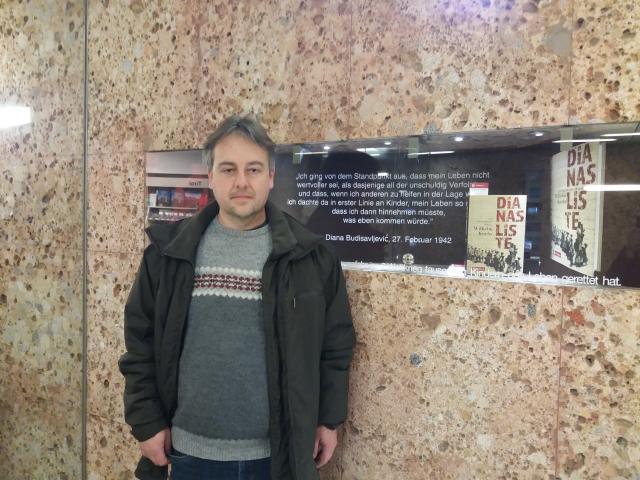
"Diana Budisavljevic's story should be taught everywhere"
During the Second World War, Budislavljevic conducted one of the largest humanitarian actions not only in the divided and occupied Yugoslavia, but also in Europe, occupied or dominated at the time by Nazi Germany.The following is the interview the author gave to his Serbian publisher, Samizdat B92
What did the research and data gathering look like when it comes to writing Dianas Liste ("Diana's List") - given that there is little publicly available information? What were main challenges you faced, and how did you managed to resolve them?
WILHELM KUEHS: First and foremost it was essential to get hold of the diary of Diana Budisavljevic. And this was the main obstacle in my research. A translation of parts of the diary is available online. The original manuscript is in possession of Silvija Szabo, Diana’s granddaughter. She assured me at a meeting in Innsbruck in 2015 to send me a copy of the original dairy. But what I got was a fragmented and censored version. So I had to reconstruct a lot of details and even major events out of other sources. There I faced another big problem. The reliability of many of the historical studies are questionable. On one hand you will find articles and books from the communist era and then you will find studies from an extreme national point of view. For example: Some say that more than one million human beings died in the concentration camp of Jasenovac, others say there were less than three thousand victims.
Is the book Diana's List what you wanted to achieve, or have you left room for new research, and perhaps a sequel - given the fact that we haven’t found out much about post-war fate of Diana Budisavljevic’s legacy, as well as about the fate of the children from the list, i.e. the records that were taken away from Diana?
— I tried to write a non-fiction novel which enables the reader to take part in one of the most outstanding rescue missions during WW2. Because of the challenging state of the sources there is a lot of room for further inquiries. Maybe someday it will be possible to trace the destinies of some of the children Diana rescued. That will be an interesting story about the Balkans after WW2.
What do you find to be the most impressive about Diana’s accomplishment?
— Most of all I admire Diana’s courage and her tenacity. Although she knew that she could be killed she walked right into the concentration camp of Jasenovac and faced one of the cruelest Ustasha murderers, Maks Luburic. He was feared by every one but Diana. She was so bold that even he could not resist her. In the course of two days she took away more than one thousand children from Jasenovac and thus saved their lives.
Why has this heroic deed, this humane act of sacrifice been sidelined to such a degree, even nowadays, when we know more - why has it been ignored and concealed... both in Croatia, as well as in Serbia and Austria - the whole world knows about Schindler - true, Holywood has made him famous, but this about a much larger number of those rescued and they were children - one would think this accomplishment should become part of school curriculums that teach children true values?
— Diana was kind of caught between two stools. In wartime she worked with everybody. Regardless whether they were fascist or communist, from the Red Cross, from Caritas or from the Ustasha government, as long as they helped Diana to save children, they were welcome. After the war Diana and her family did not acclaim the new regime. They had a conservative political background. Diana’s brother in law even declined to be minister under Tito.
In Austria nobody wanted to talk about the resistance against fascism for a long time. In the 80s of the last century the Austrian people elected Kurt Waldheim for president. A former officer of the Wehrmacht who knew everything about the genocide on the Serbs in Croatia and the genocide of the Jews in Greece, and did nothing about it. On the contrary he was part of the system of prosecution and mass-murdering and it seems he was proud of it.For me as a writer and a human being the process of research and writing about Diana led to a lifetime decision. The books to come will tell the stories of the unsung heroes who risked their lives to save others.
Diana’s story should be taught in all schools in Austria, Serbia, Croatia and all over the world. So that children could see that it is possible to resist the ultimate evil and win.
What have been the reactions to the book been in Austria? What is the amount of interest in translating the book to other languages, basing a film on it, or something similar?
— The reactions in Austria were quite good. Most of the important newspapers and the nation wide TV reported about the book. A documentary film is on the way now. And I hope this translation won’t be the last.
Can the accomplishment of Diana Budisavljevic be used for establishing better relations between Serbia and Croatia, Bosnia-Herzegovina, as a bridge of sorts... in what way can we realize this mission that stems from the feat accomplished by the individuals led by Diana?
— I hope so. Diana shows that cooperation across ideological borders, across different religions is possible. Croatian people, most of them Catholics, rescued Serbian children. If this is possible in a time of war and hatred, then it must be possible to work together in times of peace. If we can learn one thing from Diana’s action: Only cooperation and love can save us.
We simply lack such positive grand examples, but I believe that there are regular everyday examples that glorify humanity in relations within our nations, but also between various nations, especially in our region. Is it possible to achieve the same perspective of all three nations when it comes to this feat, along with recognizing it in the same way, as a great deed - from giving it space in textbooks to raising a monument devoted to Diana?
— Love and compassion is an attitude which should be practiced on a daily basis. It does not need to be great or loud, but it needs to be steady. It could be done on a personal level, but it can also be practiced between countries.
Monuments are very important for our consciousness about history. As long as warlords stand in the centers of our towns we will be a civilization of war and destruction. We have to rethink our definition of heroism. Not he who murders thousands should be admired but she who saved them.
What are your expectations when it comes to the reception of the book in Serbia?
— I am overwhelmed by the reactions throughout the Balkans. I hope that a lot of people will read the book and that the story of Diana will gain wide recognition. Maybe some of them will see Diana as a role model for their own lives. This would be more than one can ask for.











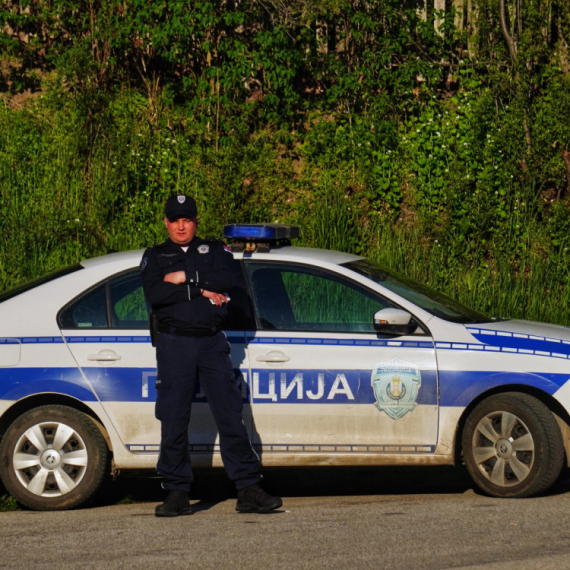

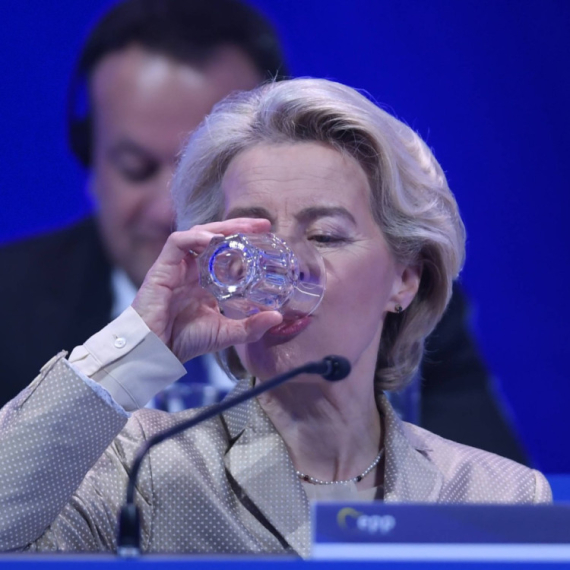

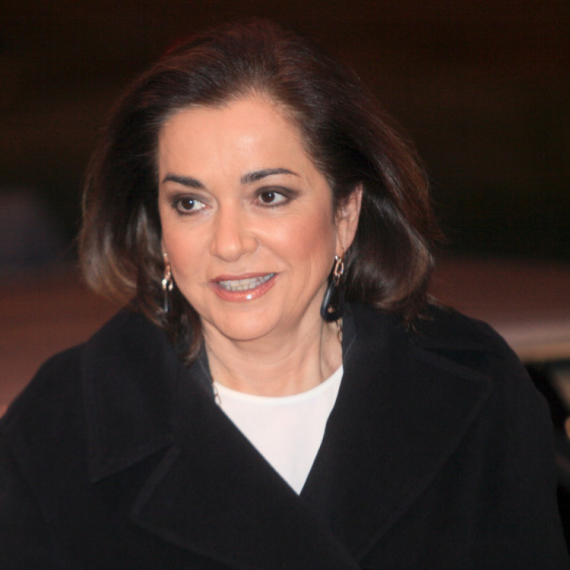
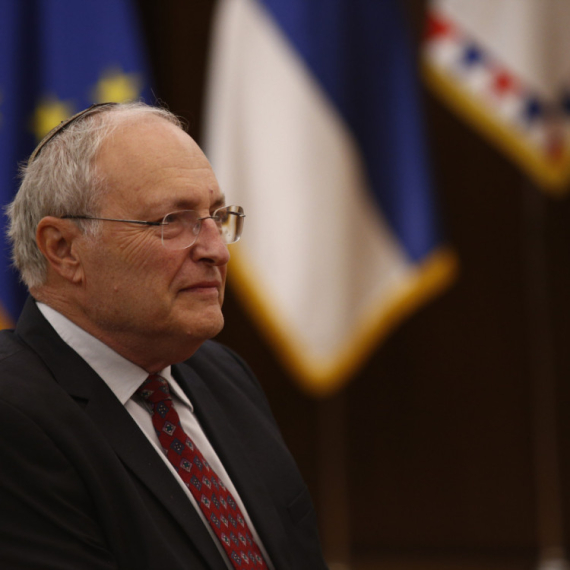








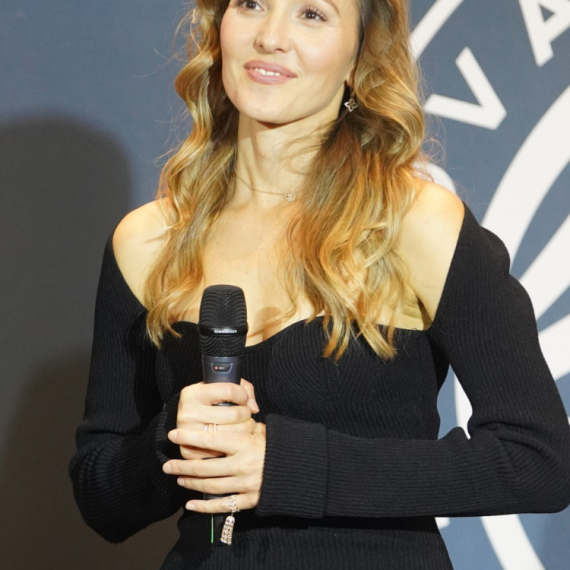
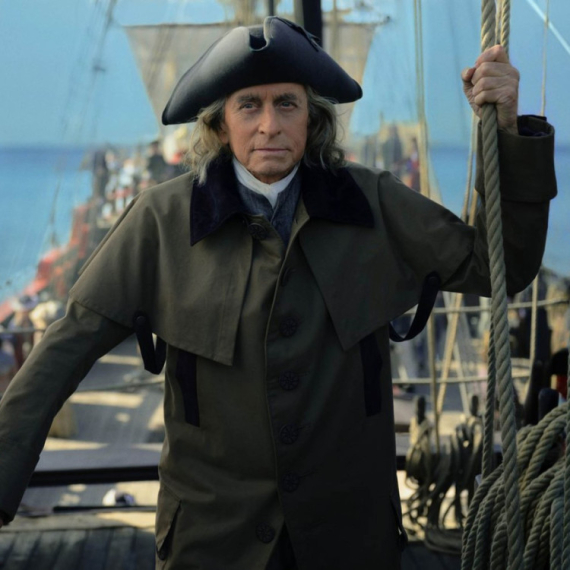



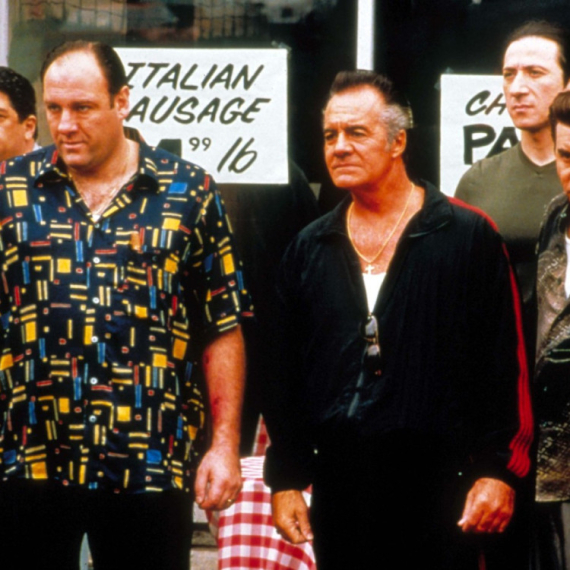





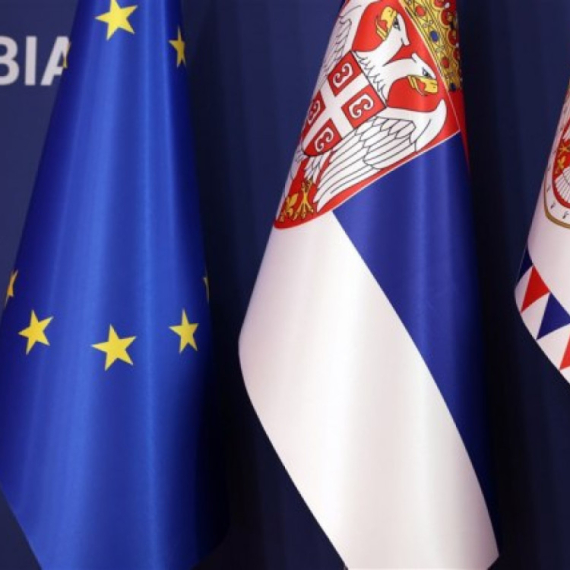
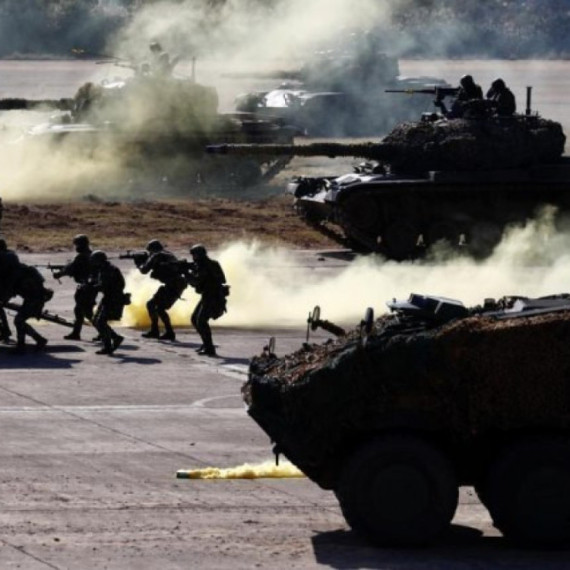
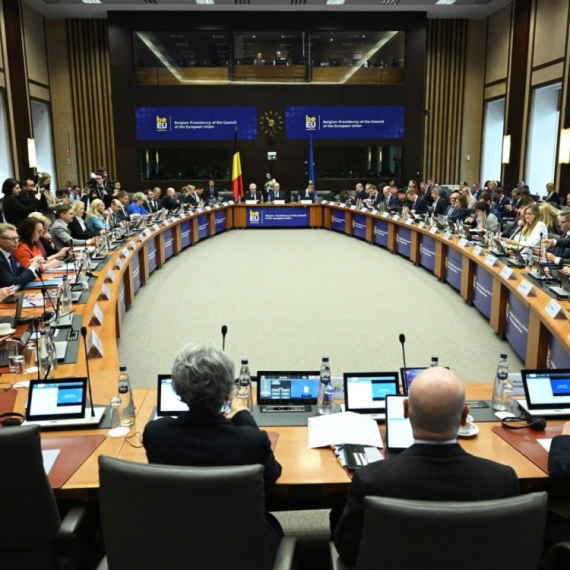
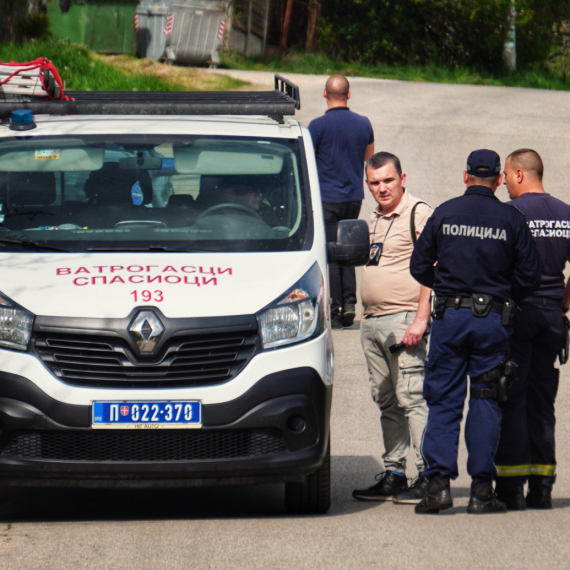
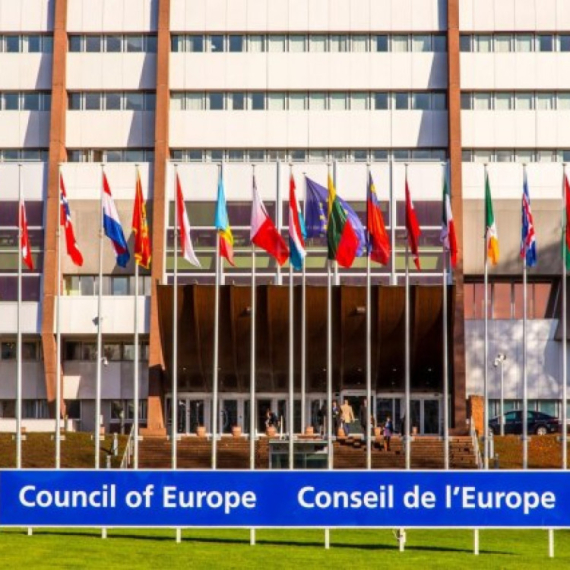





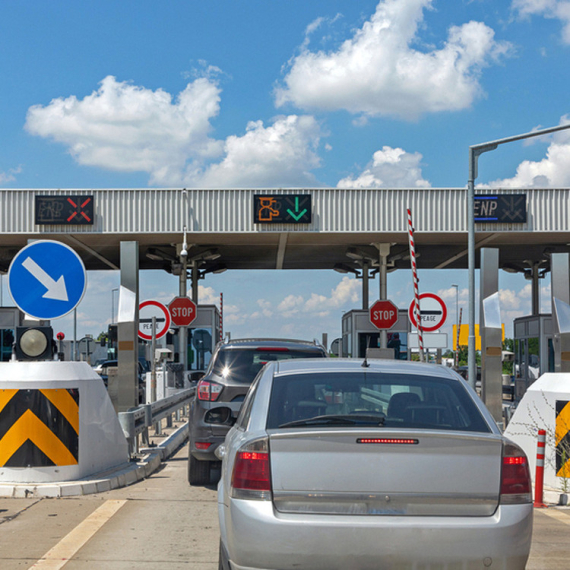
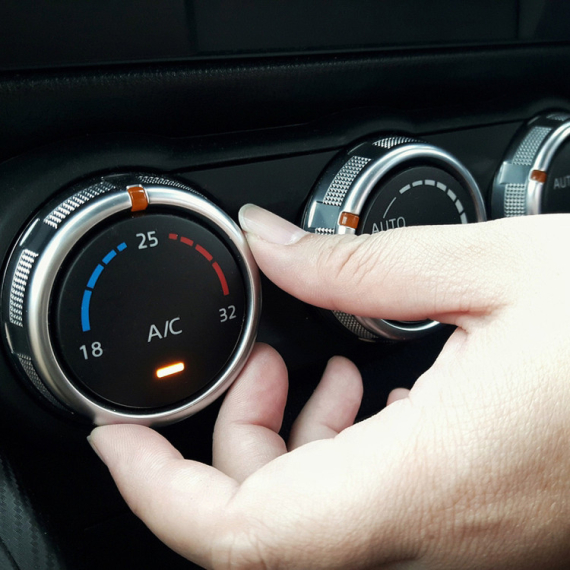
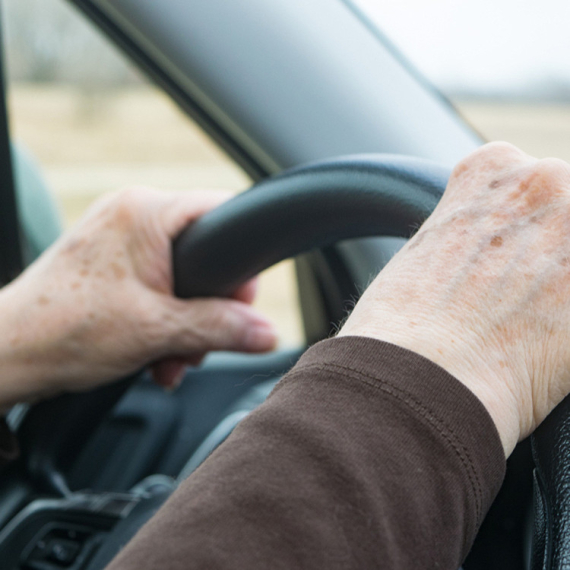



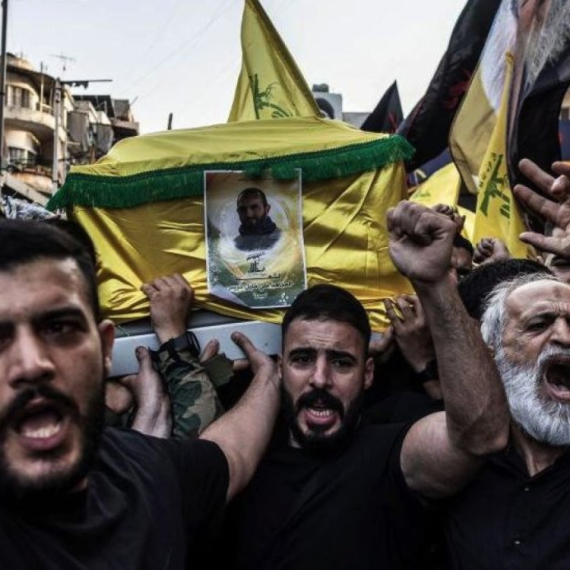

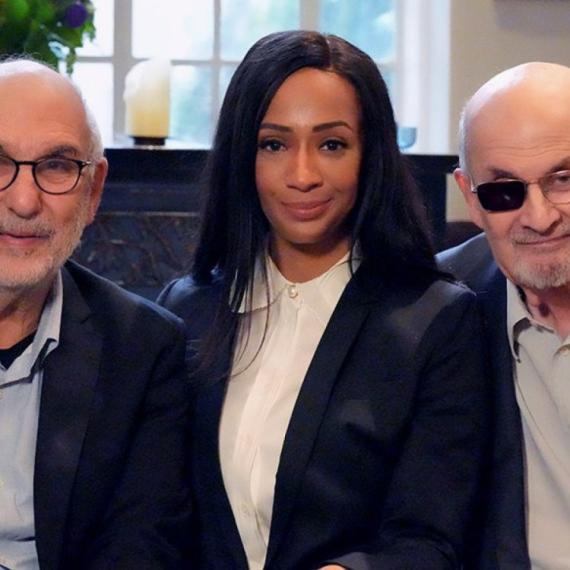
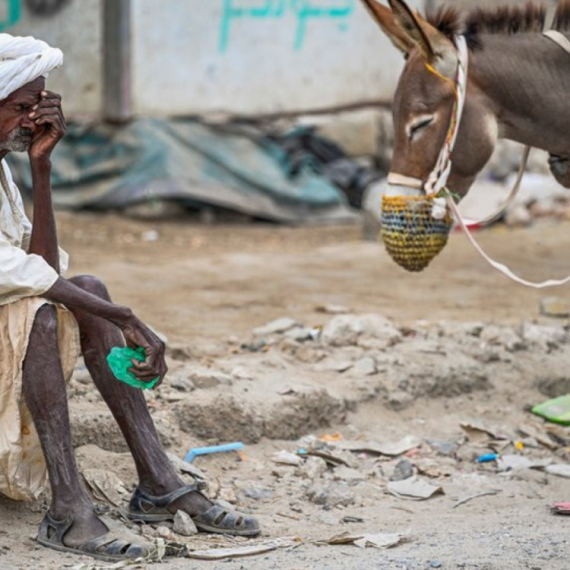

Komentari 5
Pogledaj komentare